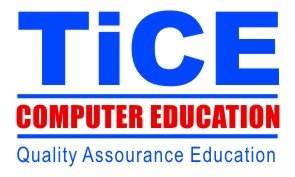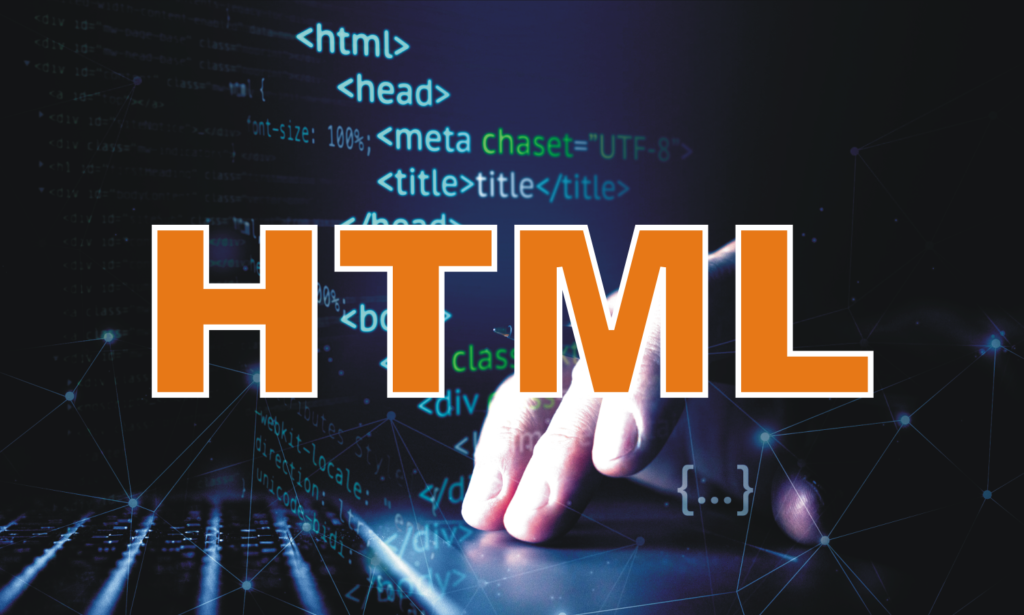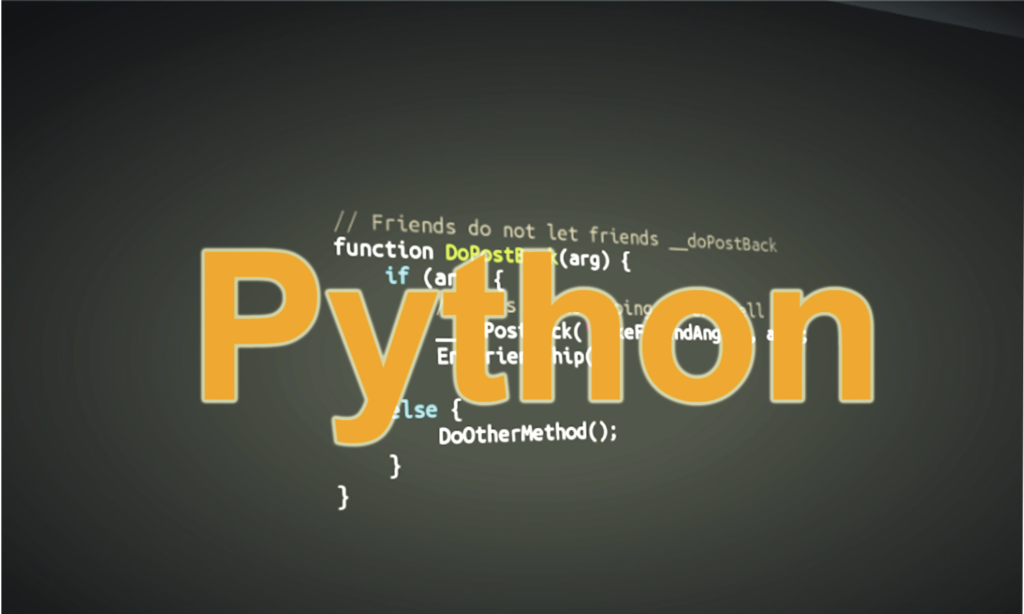Vocational Training Programs
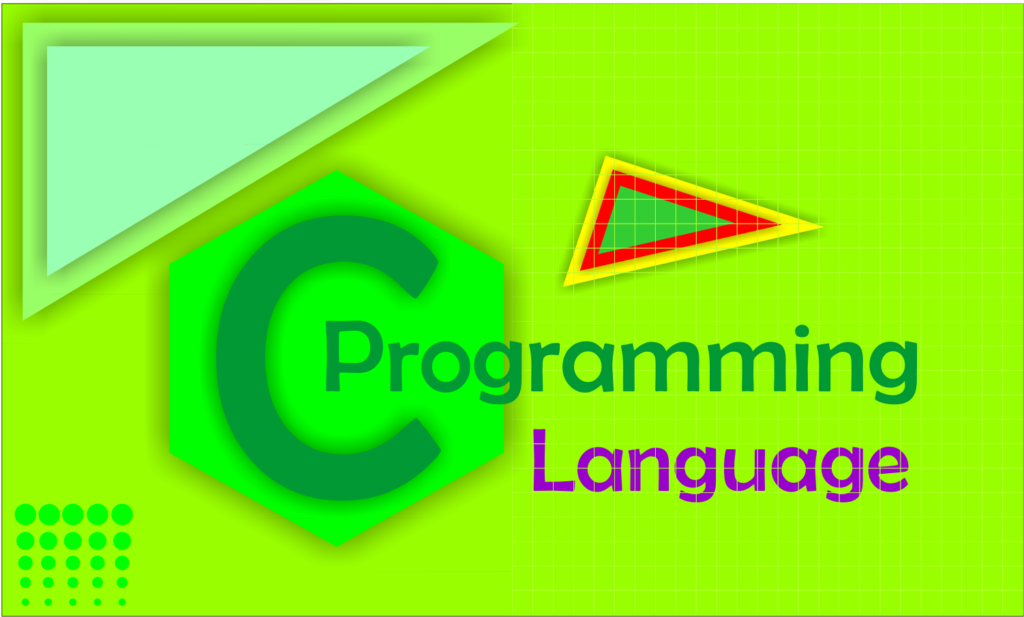
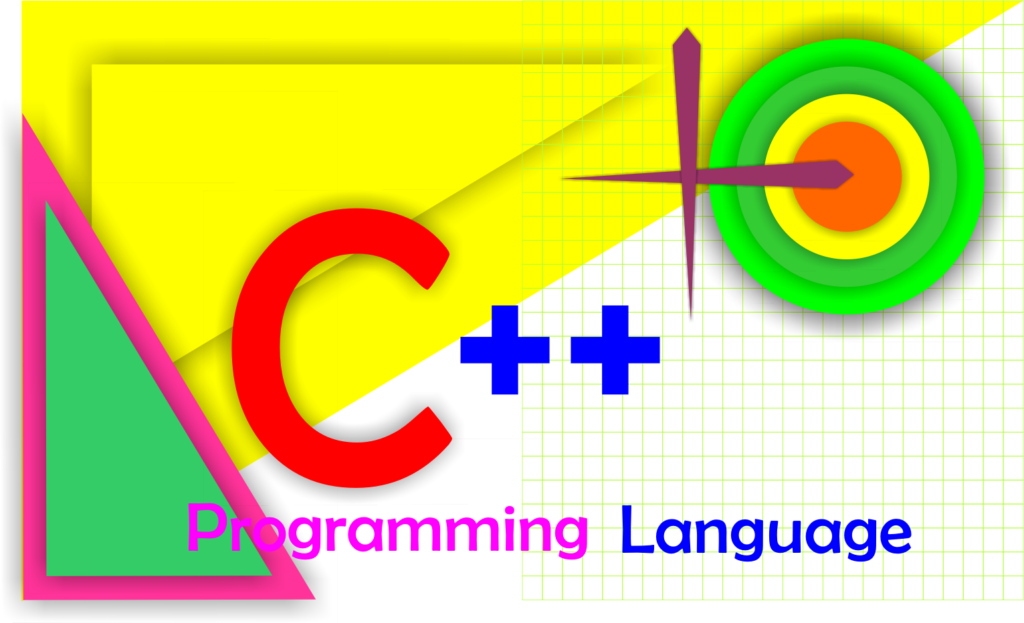
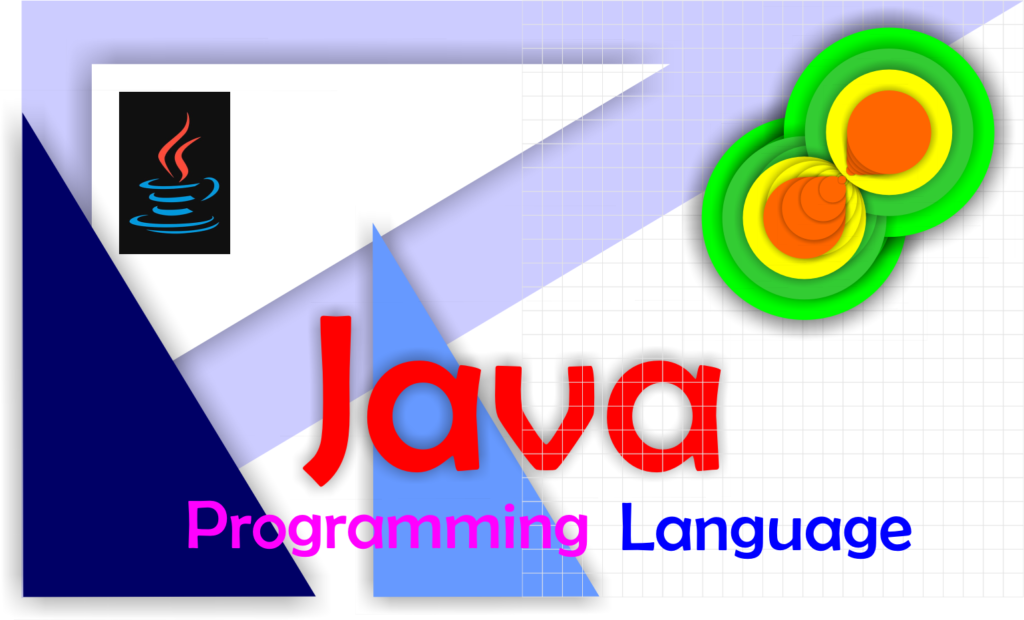

Vocational Training
In today’s dynamic job market, traditional education alone may not suffice to meet the demands of various industries. This is where vocational training steps in, offering practical skills and knowledge tailored to specific careers. Human vocational training is a pathway to equip individuals with the expertise needed to thrive in their chosen fields. Let’s delve into how such training programs contribute to personal and professional development.
Firstly, emphasizes hands on learning. Unlike theoretical education, vocational training focuses on real world scenarios, allowing individuals to gain practical experience from day one. Whether it’s mastering technical skills in automotive repair or honing culinary techniques in a professional kitchen, learners are immersed in the actual tasks they’ll encounter in their careers. This approach not only accelerates skill acquisition but also fosters confidence and competence in their chosen field.
Moreover, promotes job readiness. By aligning curriculum with industry standards and trends, these programs ensure that graduates possess the latest skills sought by employers. Whether entering the workforce for the first time or transitioning to a new career, individuals equipped with vocational training are better prepared to meet the demands of the job market. Employers value candidates who can hit the ground running, and vocational training provides precisely that advantage.
Furthermore, vocational training cultivates a strong sense of professionalism. From workplace etiquette to effective communication, learners are instilled with the soft skills essential for success in any career. Additionally, many vocational programs integrate internship opportunities, allowing students to apply their skills in real work environments. This practical exposure not only enhances their resumes but also fosters valuable connections within their industries.
In addition to individual benefits, human vocational training contributes to economic growth and workforce development. By supplying skilled professionals across various sectors, vocational programs address industry gaps and bolster productivity. Moreover, as graduates secure employment and contribute to the economy, the cycle of growth continues, creating a positive ripple effect in communities worldwide.
However, it’s essential to recognise the evolving nature of vocational training. With advancements in technology and changes in industry landscapes, training programs must adapt to meet current demands. This includes incorporating digital tools, embracing sustainability practices, and addressing emerging skill requirements. By staying agile and responsive, vocational training remains relevant and effective in preparing individuals for the careers of tomorrow.
In conclusion, vital component of personal and professional development. By offering hands on learning, promoting job readiness, and cultivating professionalism, these programs empower individuals to succeed in their chosen careers. Moreover, they contribute to economic growth by supplying skilled professionals across various industries. As we navigate an ever changing job market, investing key to unlocking opportunities and driving progress for individuals and societies a like.

